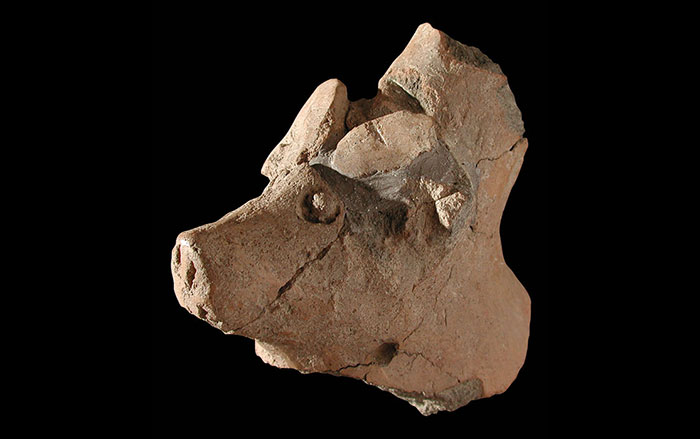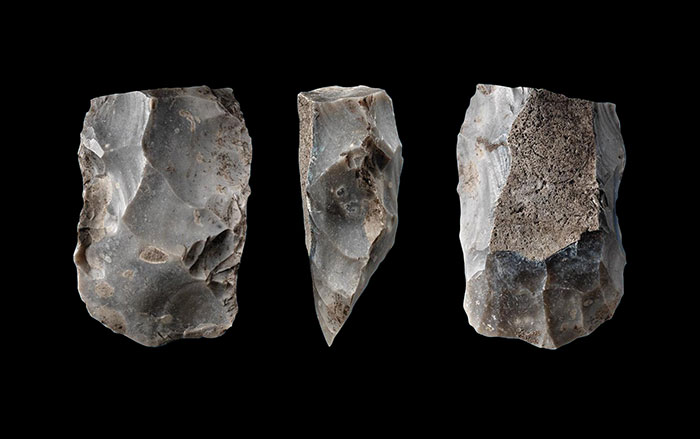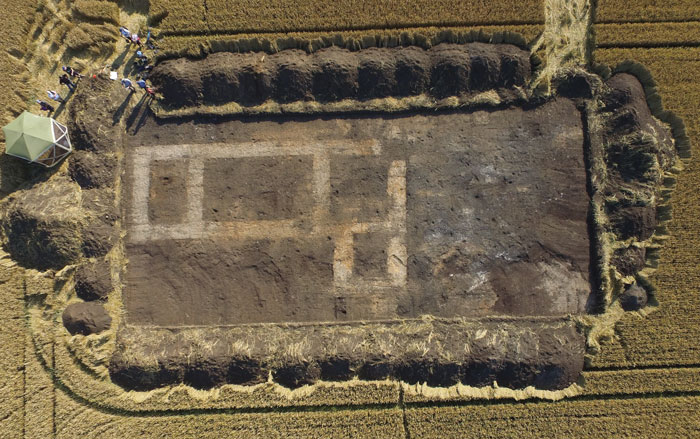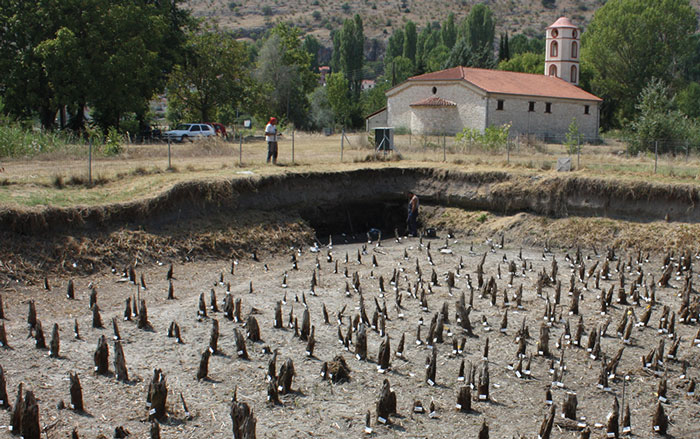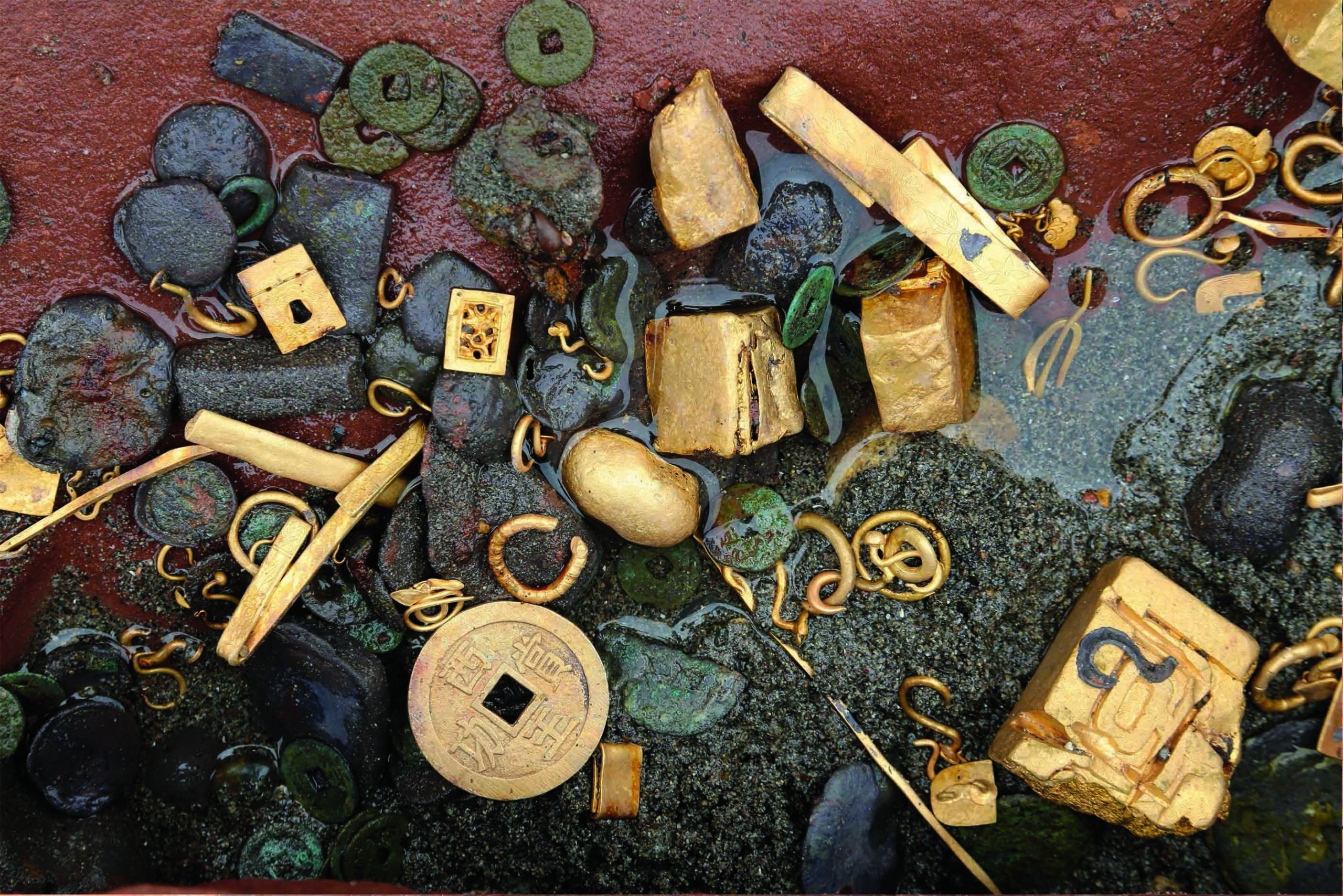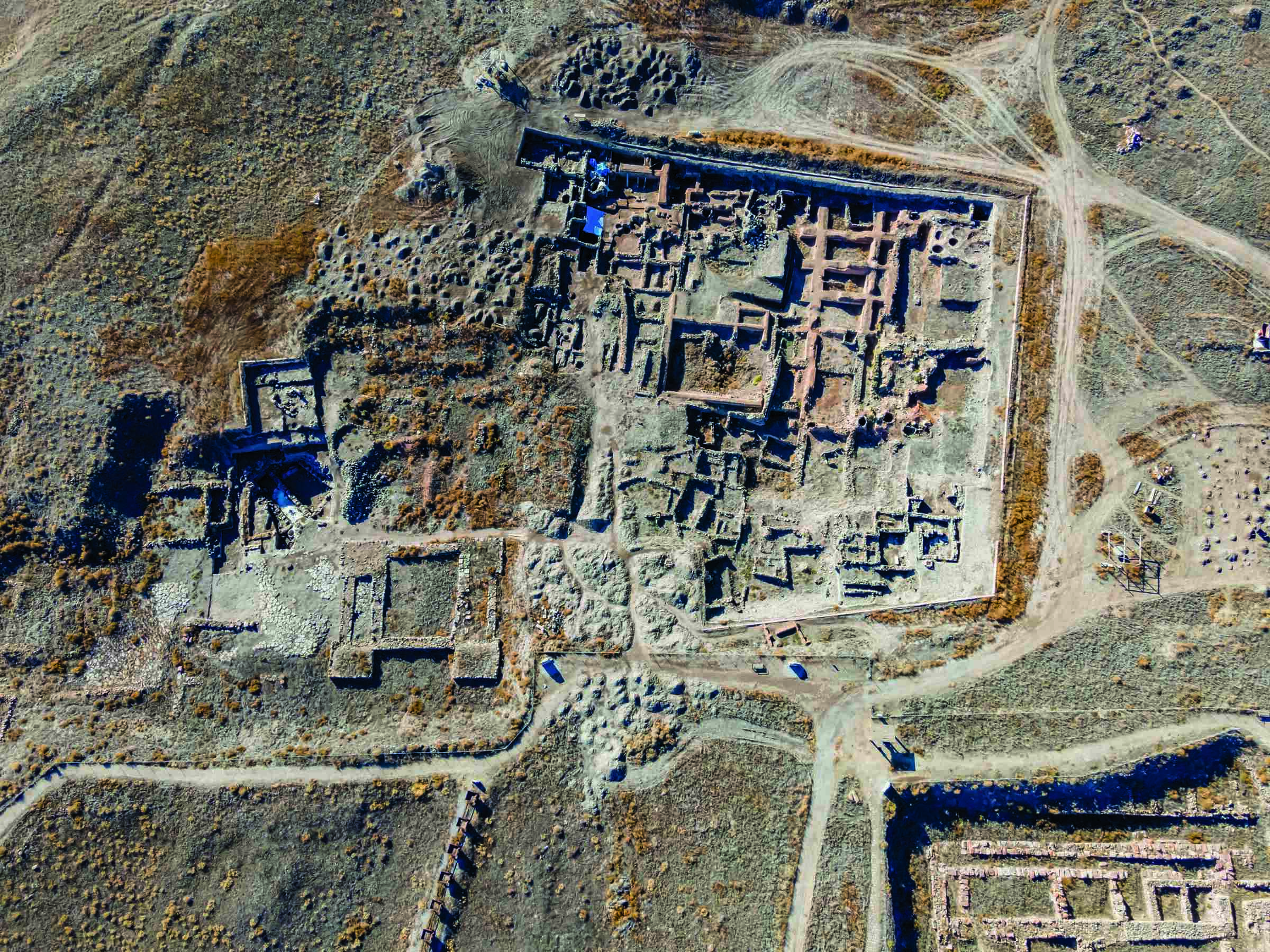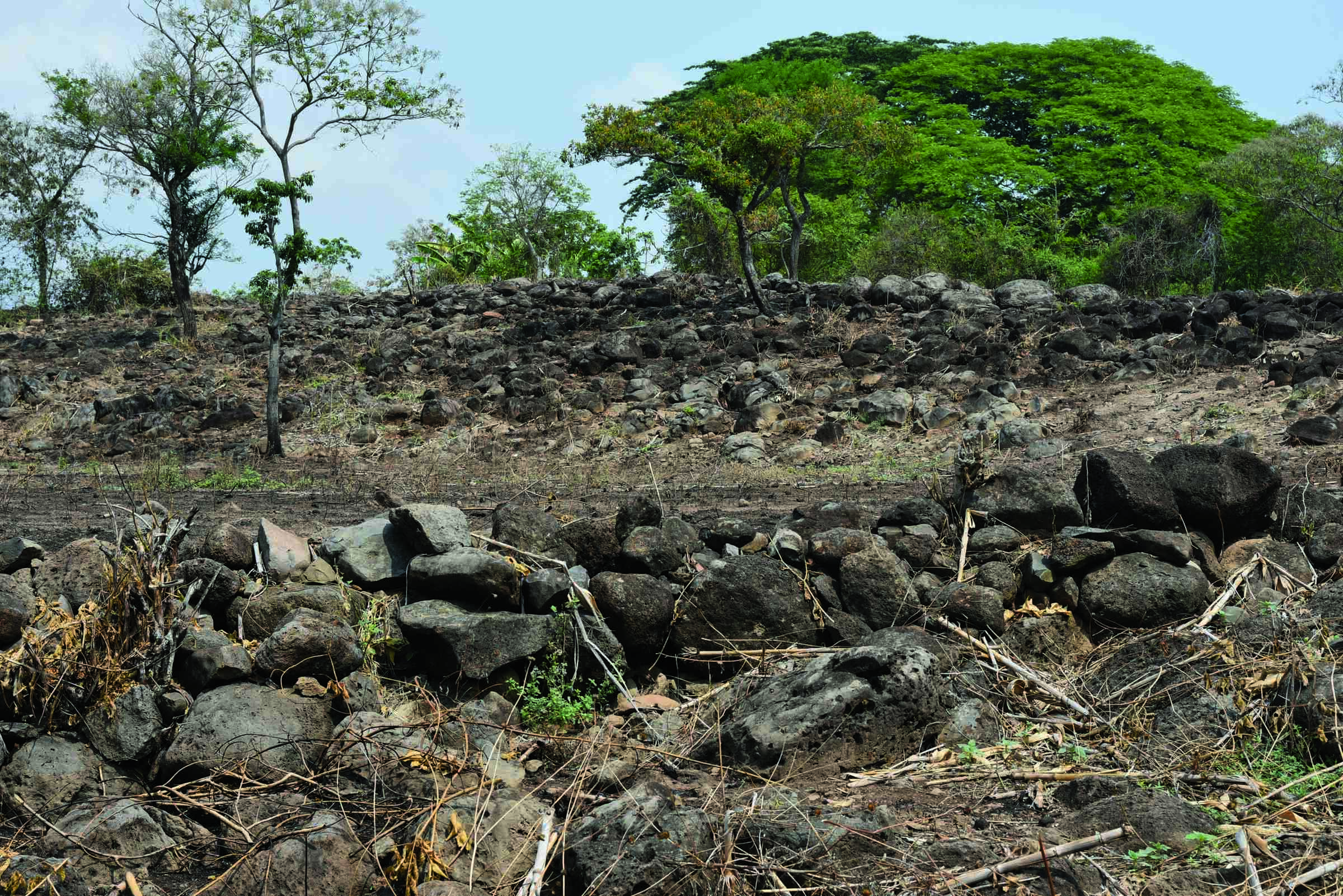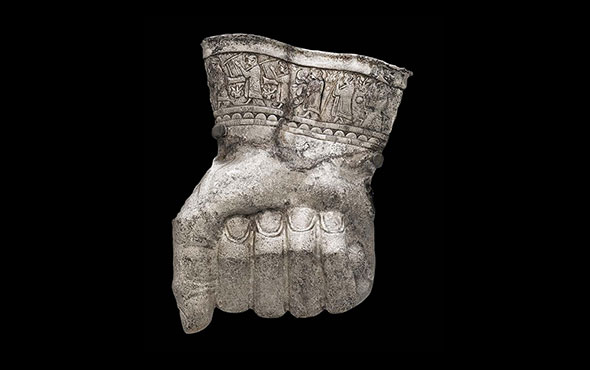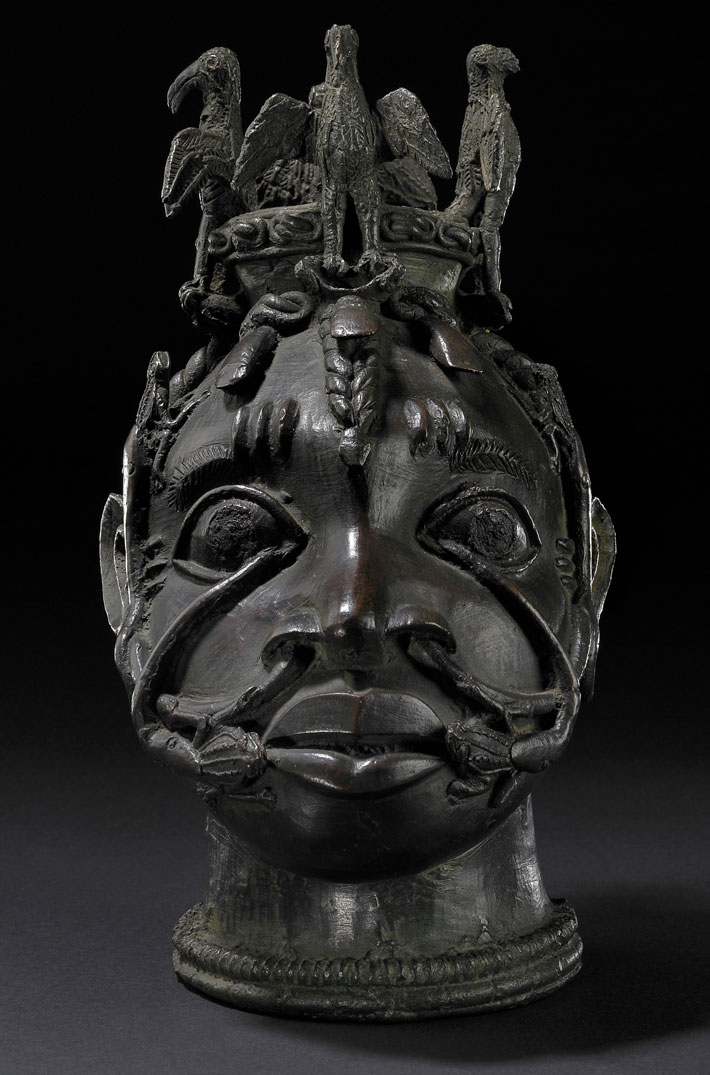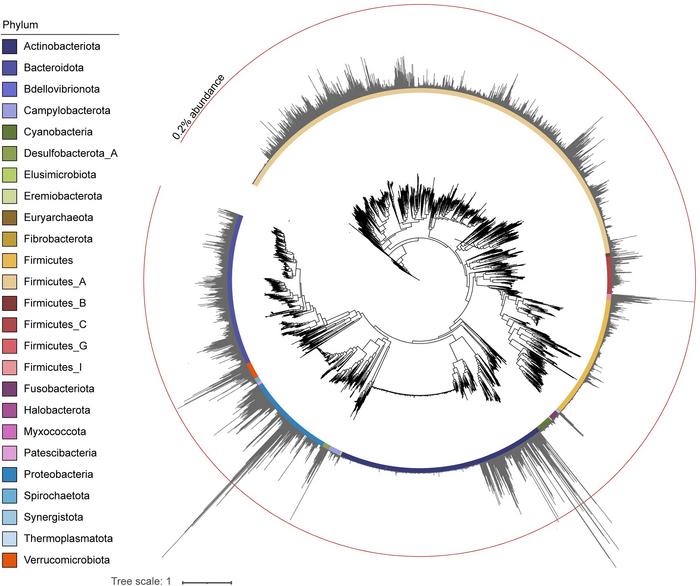
FUKUI PREFECTURE, JAPAN—Cosmos Magazine reports that Luca Nishimura of Japan’s National Institute of Genetics and his colleagues analyzed DNA extracted from samples of coprolites excavated in the 1970s from the Torihama shell mound in central Japan. The shell mound had been built by the Jomon people, who lived in the region between 16,000 and 2,900 years ago. The coprolites have been dated to between 7,000 and 5,500 years old. Four samples yielded small fragments of DNA from thousands of microbes, including viruses, mostly in the form of phages, or viruses that infect bacteria; bacteria; and fungi. Some of the DNA in the samples is thought to have come from food that had been consumed. Read the original scholarly article about this research in PLOS ONE. For more on the Jomon, go to "Japan's Genetic History."


